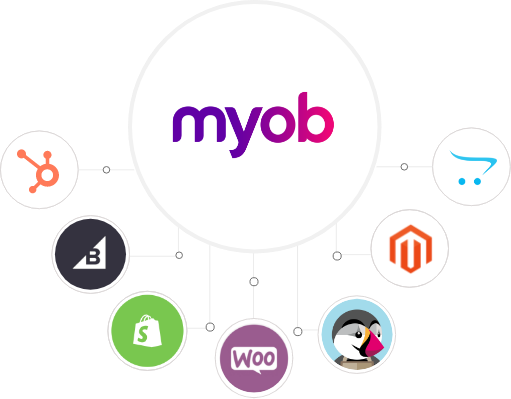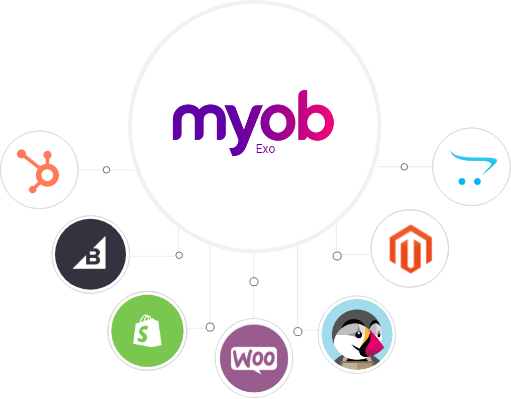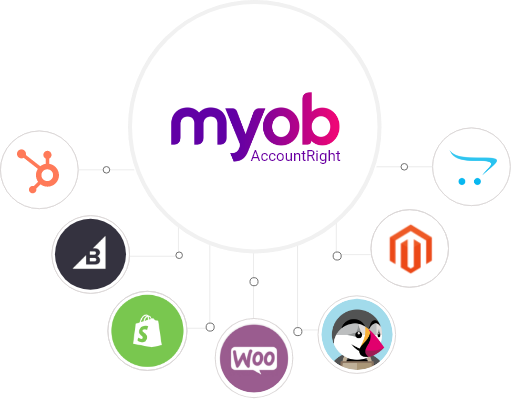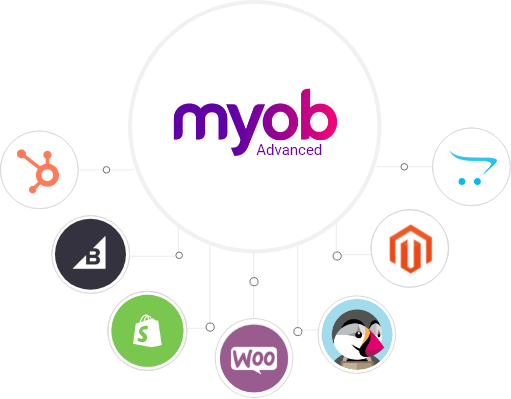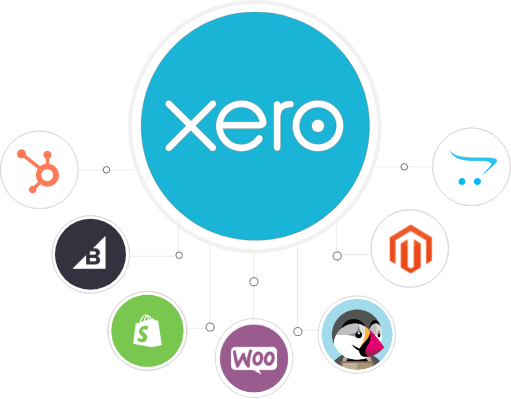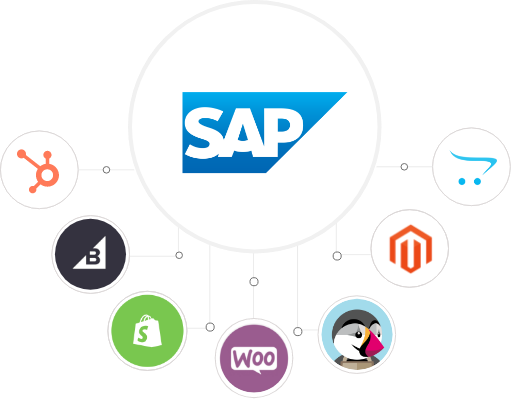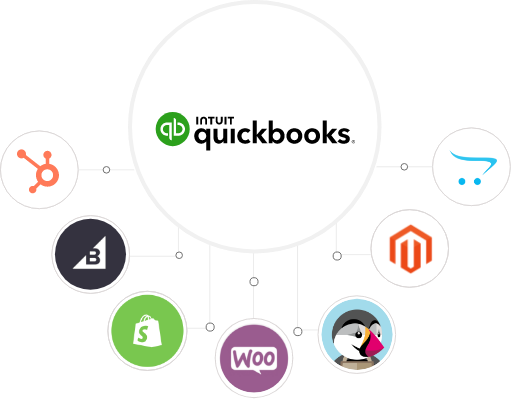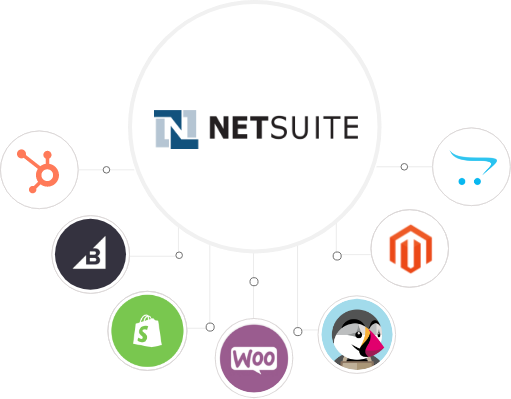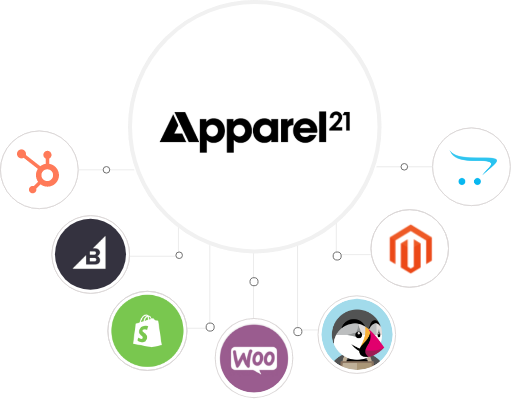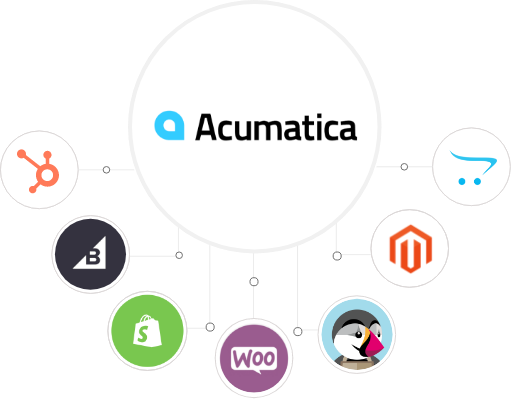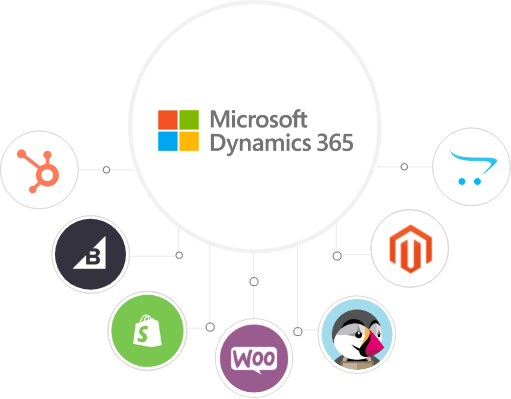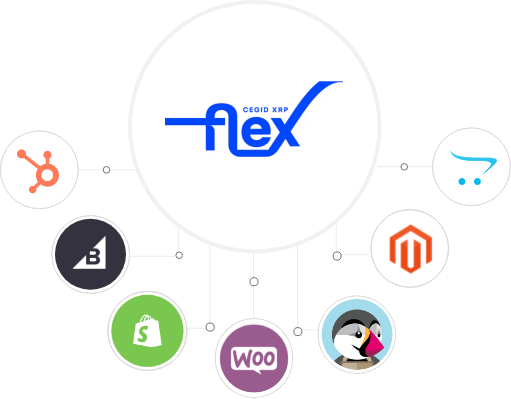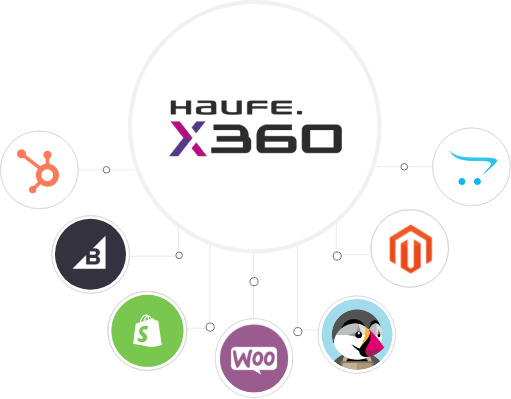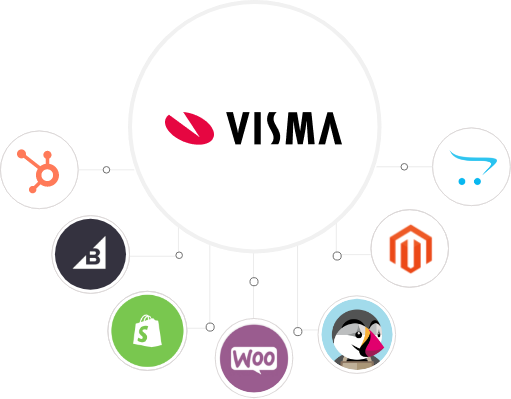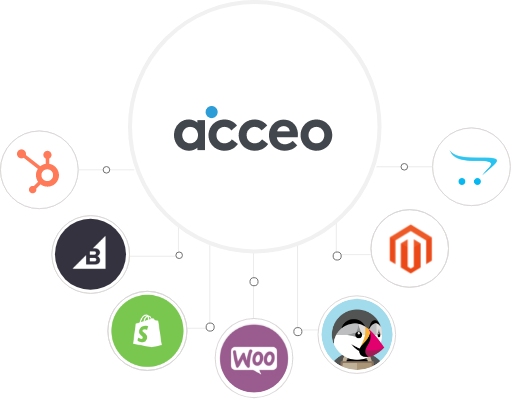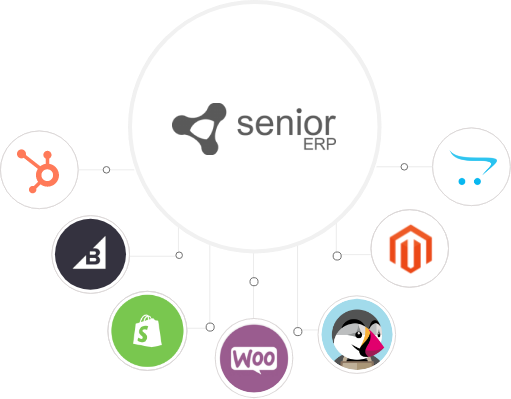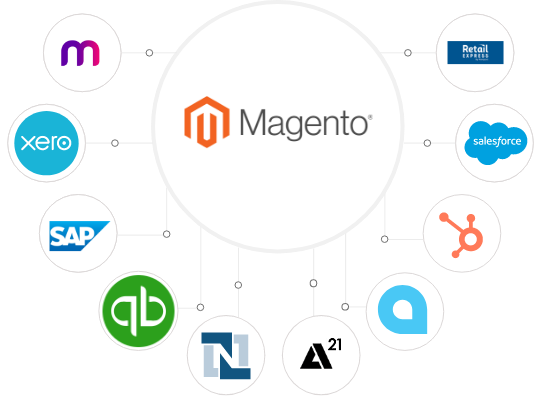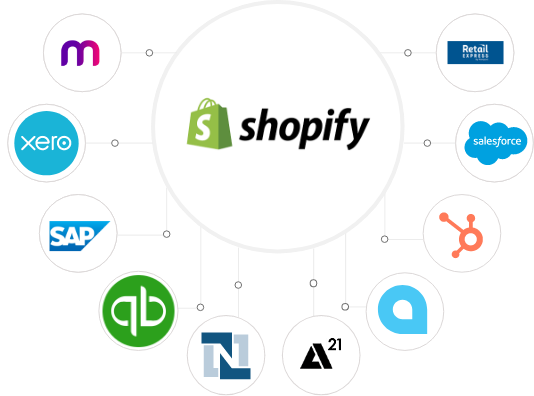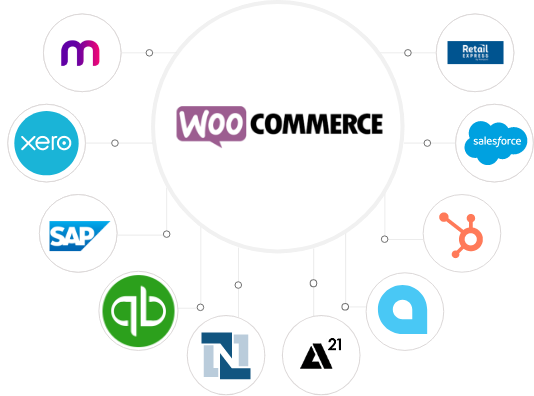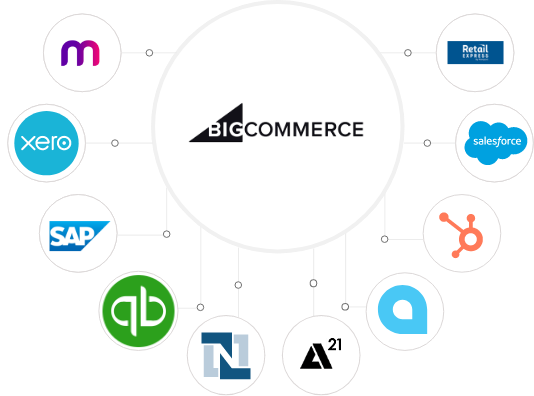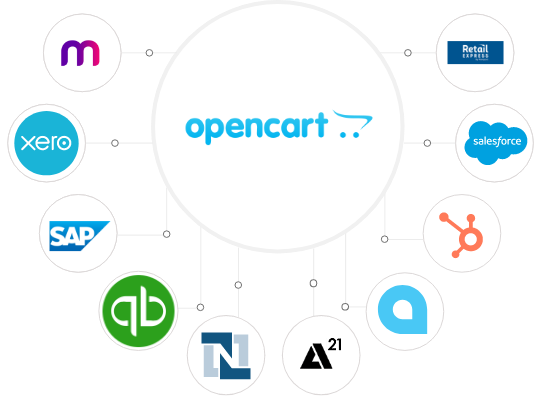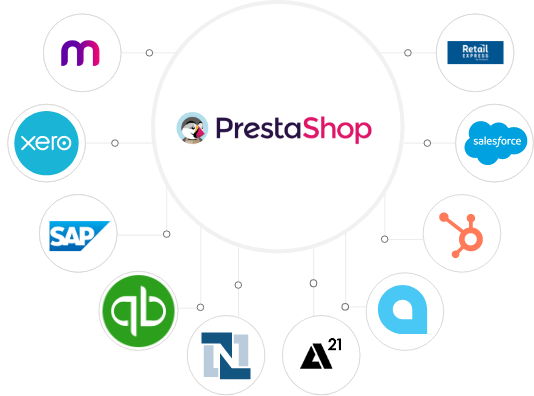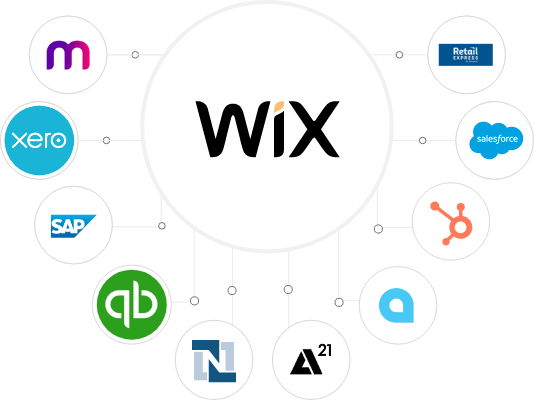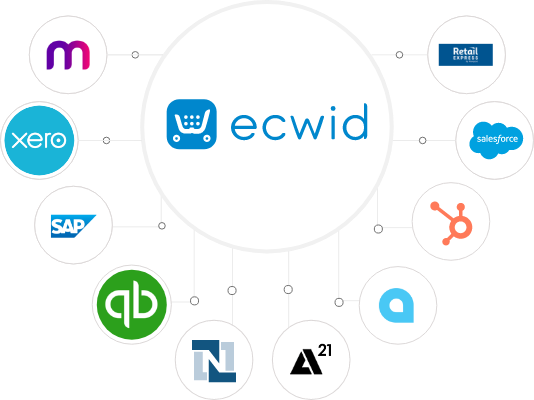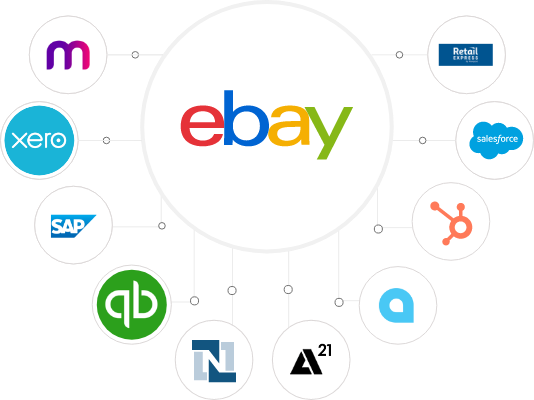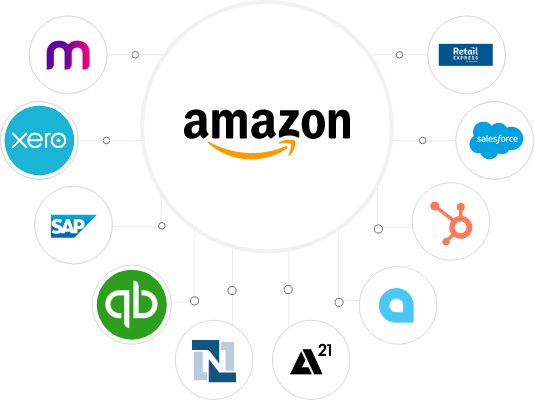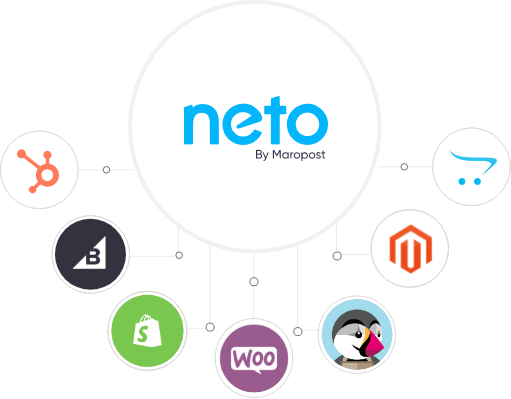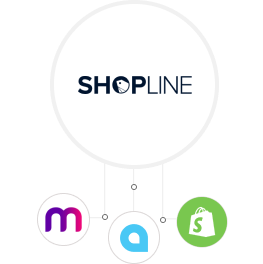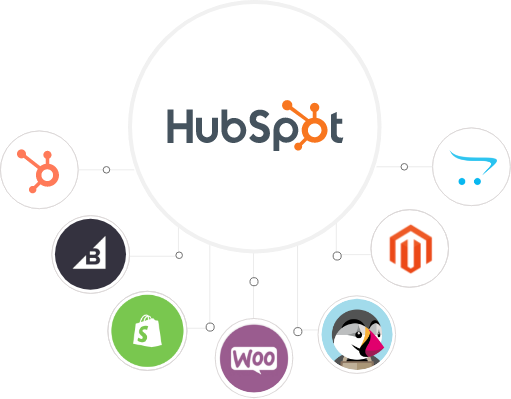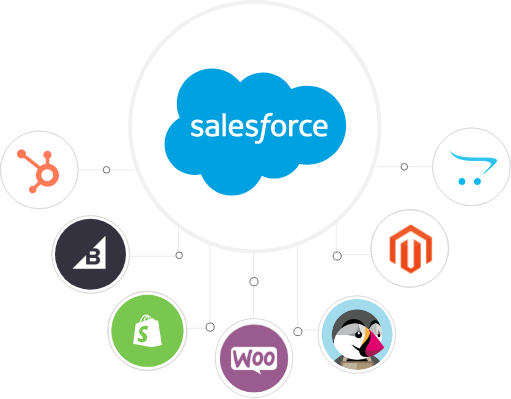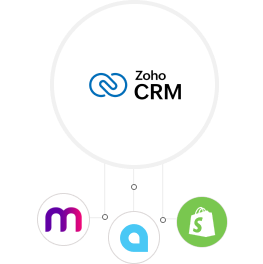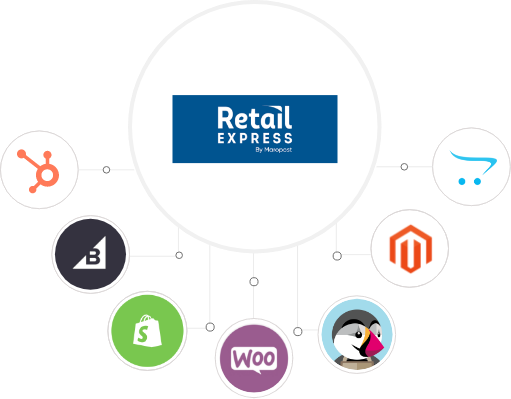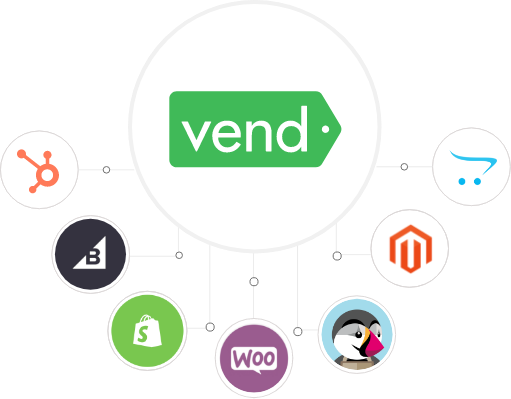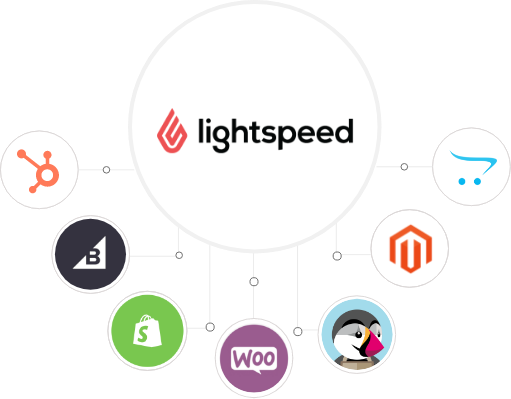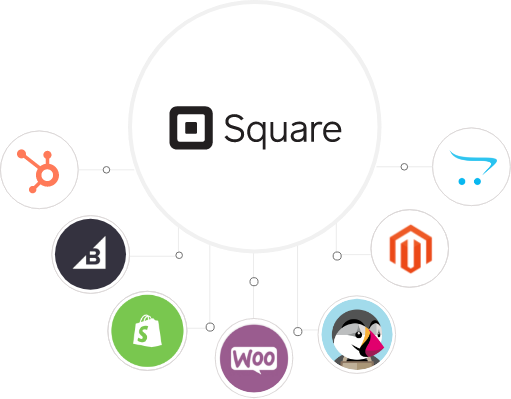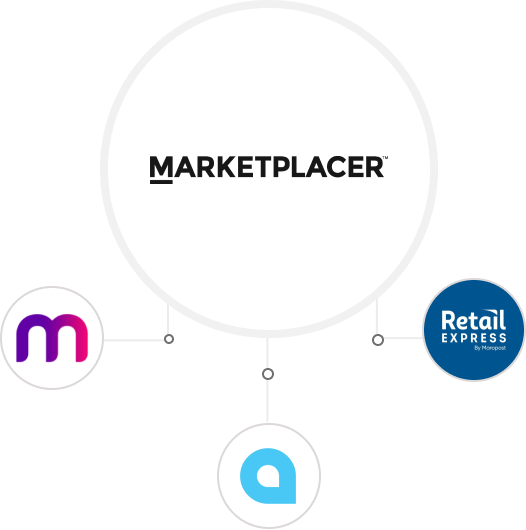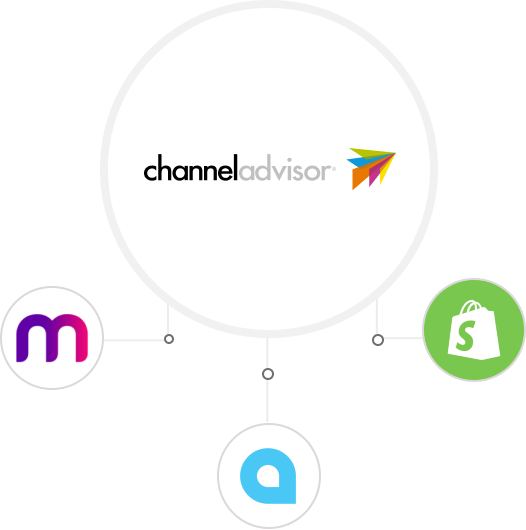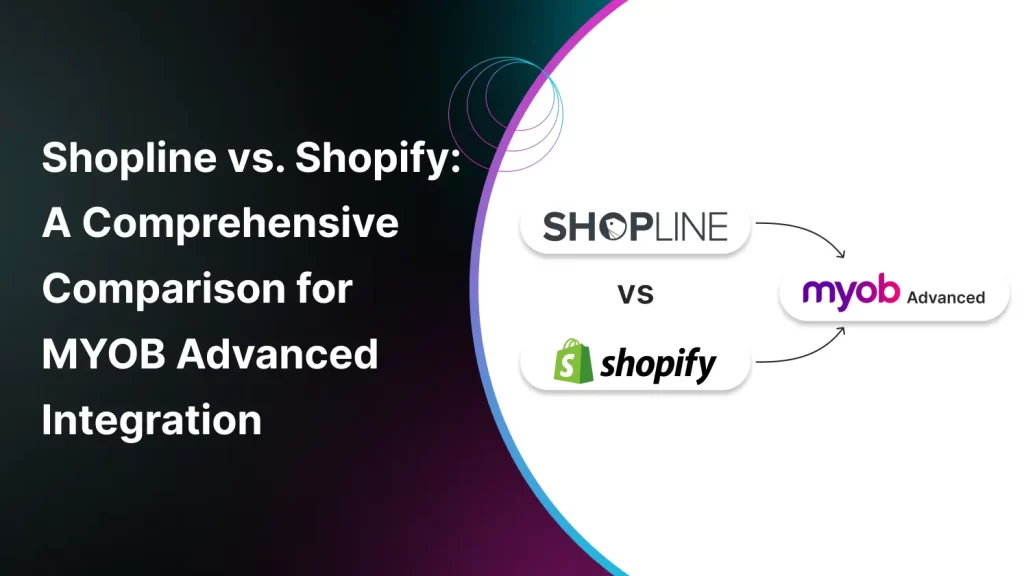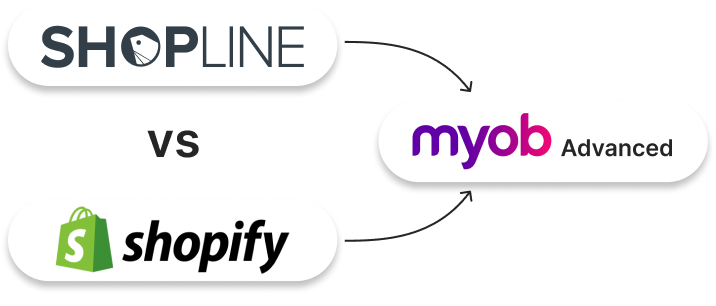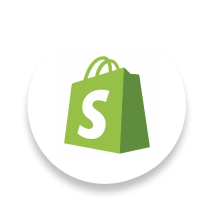Why should I choose between Shopify and Shopline to integrate with MYOB Advanced?
Shopify is a powerful platform for setting up an aesthetic yet functional online store. Meanwhile, Shopline provides a range of features that can help businesses streamline their operations, such as inventory management, order tracking, and payment processing. Together, these two platforms make setting up and managing an e-commerce business much simpler and more efficient.
We will elaborate further on how each of these platforms can benefit you.
Shopline is designed with the needs of small and medium-sized enterprises (SMEs) in mind. It provides a user-friendly interface, making it as easy as a breeze for businesses to establish their online stores without the need for extensive coding expertise. It offers a selection of templates and customisation options to reflect your brand identity, making it an attractive choice for SMEs looking to maintain a unique online presence.
Shopline’s pricing plans are flexible, catering to the budget constraints of smaller businesses. Users can opt for either monthly or annual payment structures, ensuring scalability and adaptability. With an open API that facilitates effortless integration with third-party applications, Shopline users have the flexibility to expand their core software’s capabilities according to their specific requirements.
One of Shopline’s standout features is its ability to seamlessly sync product data, pricing, and inventory with MYOB Advanced. This integration ensures that your online store and back-office systems remain up to date without manual data entry or reconciliation. The real-time synchronisation capabilities reduce operational overheads and enhance overall efficiency.
Shopify, on the other hand, is renowned for its versatility, serving a broad spectrum of entrepreneurs and businesses.
Its extensive range of templates and customisation options allows entrepreneurs to create unique online stores that align with their brand identity. Shopify’s broad appeal extends from startups to established businesses, making it an attractive option for those with varying e-commerce needs.
Shopify also offers a variety of pricing plans and features, allowing users to tailor their experience according to their requirements. Whether you’re a budding entrepreneur or have a well-established brand, Shopify has a plan for you. Much like Shopline, Shopify boasts an open application programming interface (API), enabling seamless integration with third-party applications to extend your e-commerce capabilities.
Shopline and Shopify truly excel in their integration with MYOB Advanced. Connecting either of these systems with MYOB Advanced ensures that any changes to product data, pricing, or inventory in the ERP system are automatically reflected in your e-commerce store. You can also schedule this synchronisation or configure it manually at the click of a button, which reduces the need for manual data reconciliation and streamlines your operations.


